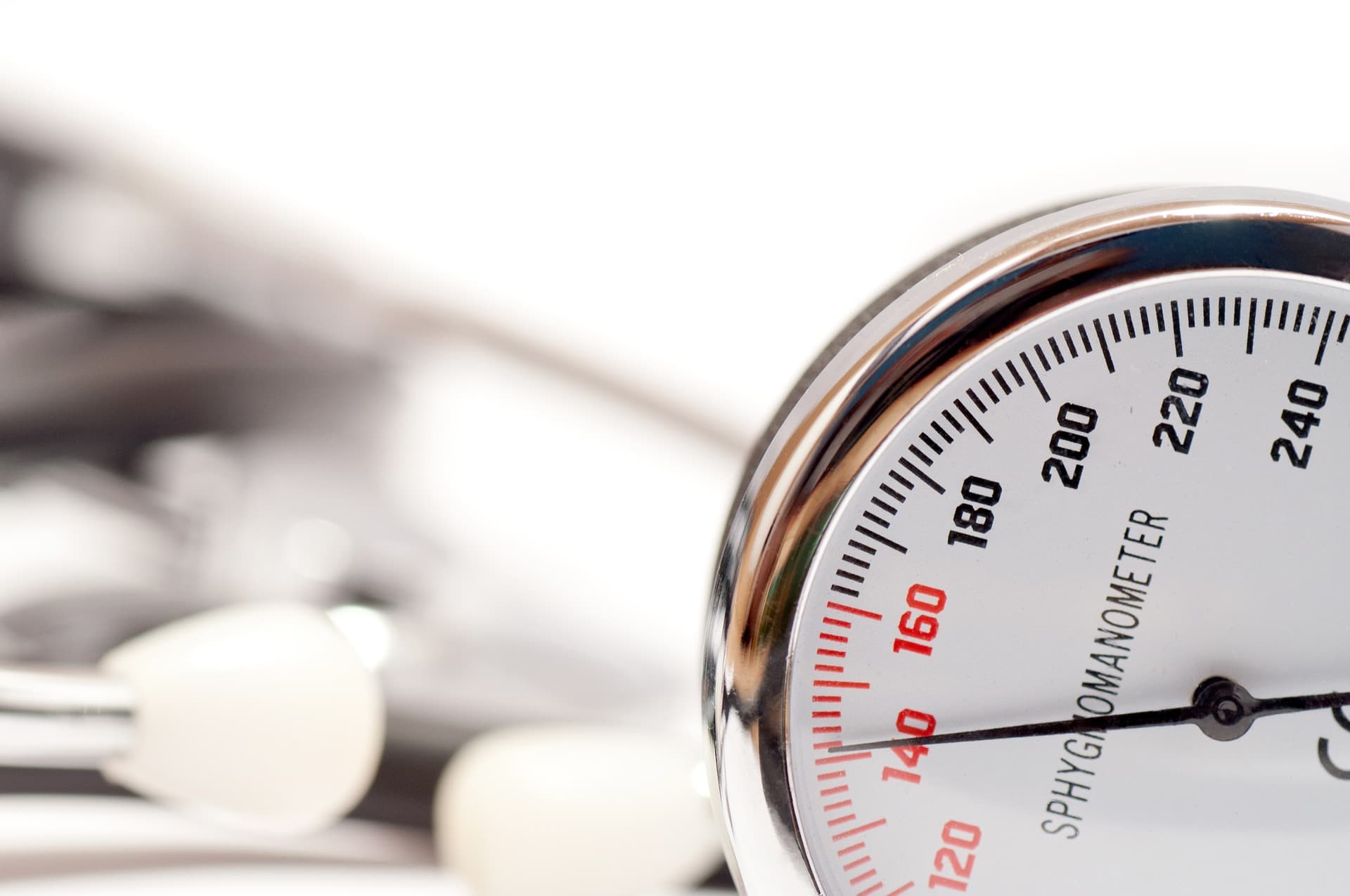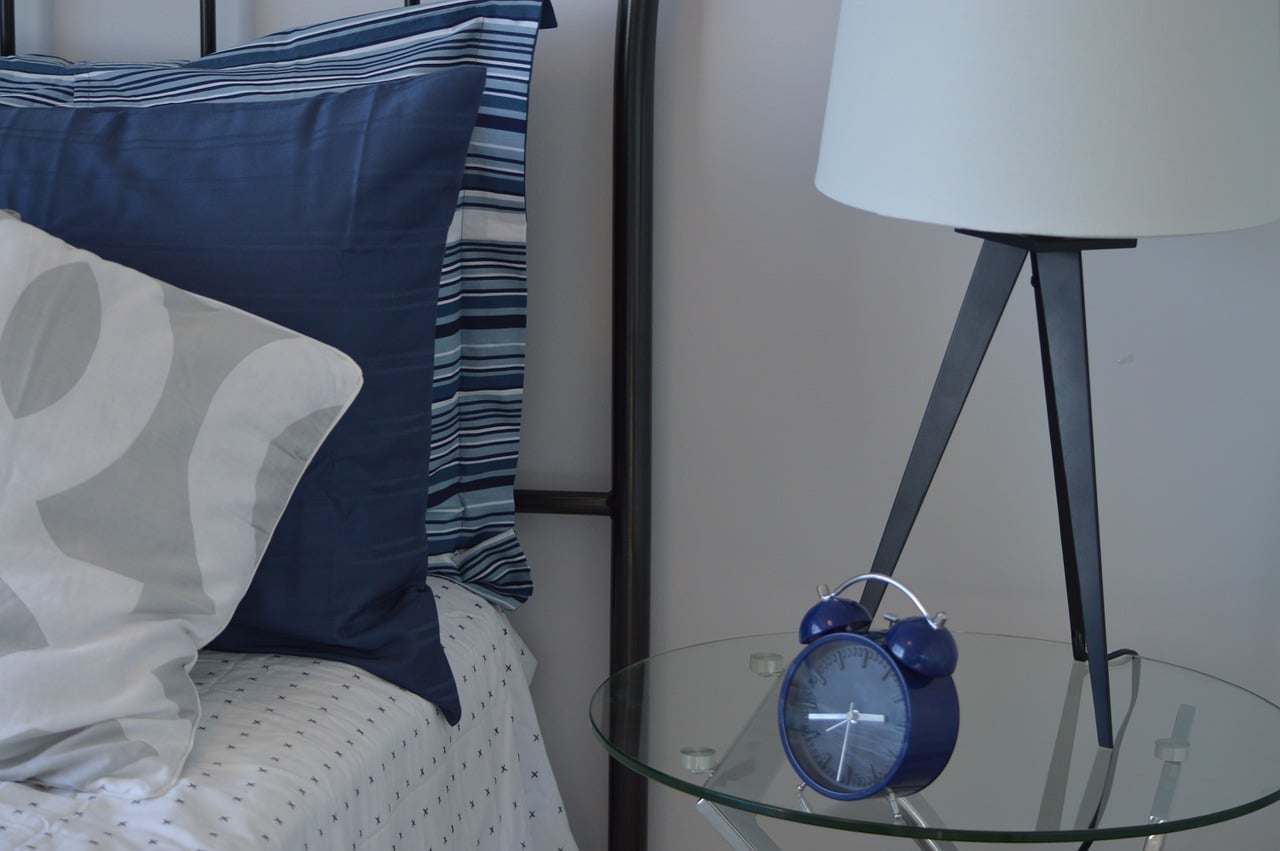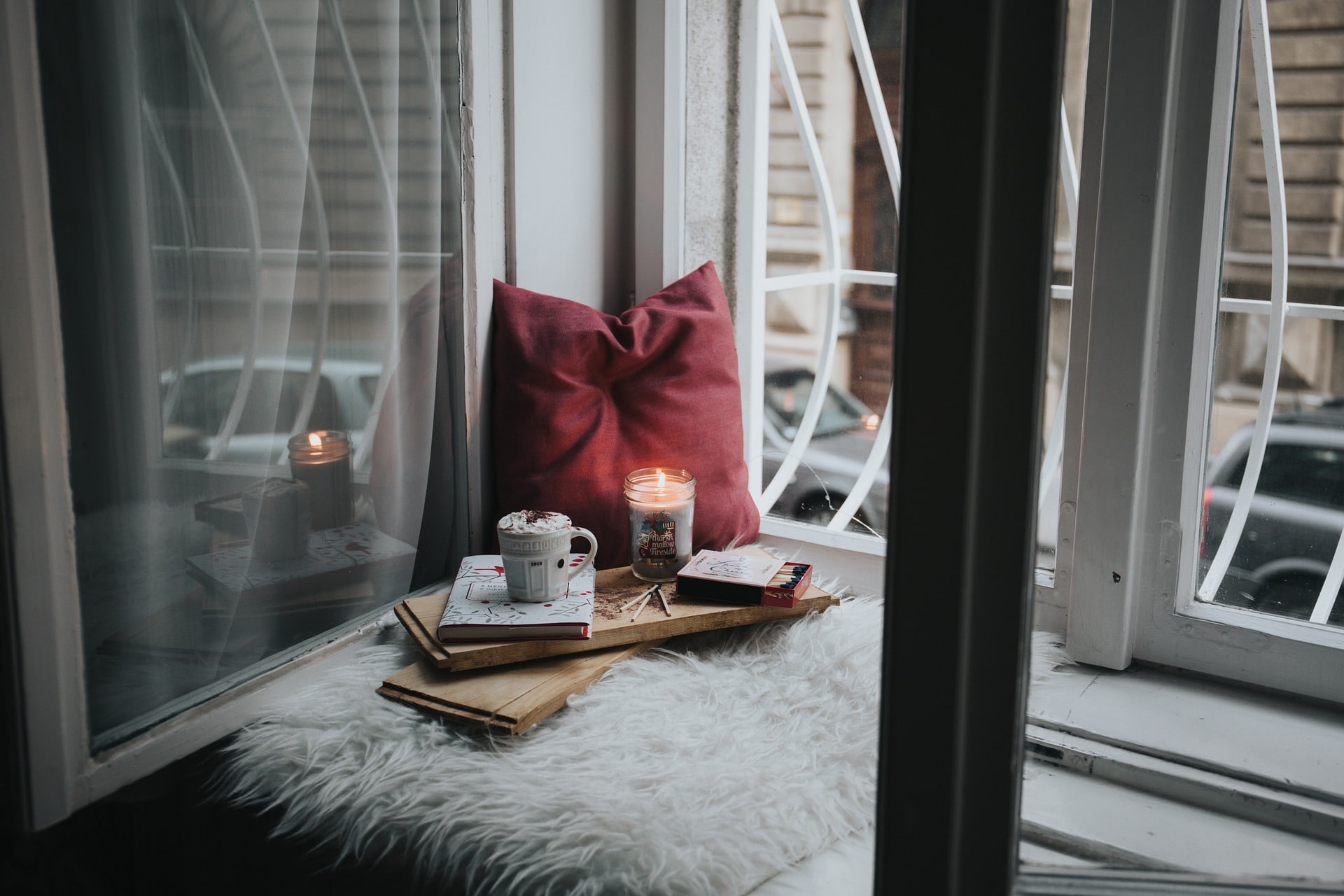Key Takeaways
- The Impact of Sleep on Hypertension: Sleep plays a crucial role in maintaining a healthy blood pressure level, and both insufficient and excessive sleep can increase the risk of hypertension. Studies have highlighted the connection between sleep duration and the likelihood of developing high blood pressure, emphasizing the importance of maintaining a consistent sleep schedule to reduce this risk.
- Interplay Between Hypertension and Sleep Apnea: The coexistence of hypertension and sleep apnea can exacerbate the health risks associated with both conditions. Sleep apnea, characterized by reduced airflow during sleep, can contribute to increased blood pressure levels, further intensifying the risks of cardiovascular diseases like congestive heart failure and stroke.
- Lifestyle Changes to Combat Hypertension: A comprehensive approach involving diet, exercise, and sleep is essential for managing hypertension effectively. Alongside regular check-ups, incorporating healthy sleeping habits and creating a restful sleep environment can significantly contribute to improving sleep quality and consequently reducing the risk of hypertension-related complications.
Falling behind on sleep not only impacts your performance throughout the day, but it can even cause major issues for your heart.
According to the CDC, Verified Source Centers for Disease Control and Prevention (CDC) The United States’ health protection agency that defends against dangers to health and safety. View source about one in three Americans are said to have high blood pressure, a statistic that has increased slowly over the past few decades and shows no signs of slowing down. Between heritage, a poor diet and a lack of sleep, more people are suffering from high blood pressure than ever.
Most Americans also complain about being sleep deprived, a CDC statistic that has also been climbing in recent years. Both a lack of sleep and high blood pressure, also known as hypertension, impact each other significantly and should be addressed sooner rather than later. We’ll go over what hypertension is, how a lack of sleep can impact it, and what you can do to get to bed and lower your blood pressure.
What is Hypertension?
Hypertension is another term for high blood pressure and it occurs when your body has built up too much resistance in your arteries, so pumping blood throughout your body becomes extremely difficult. This affects how hard your heart has to work when it pumps blood. By working more, your heart becomes strained and will not function at its optimum capacity.
Over time, hypertension can seriously affect your health by potentially causing heart disease, stroke and congestive heart failure among many other problems. Having a weak heart can also open you up to serious vulnerabilities later in life.
It is not all bad news, however, if you are suffering from hypertension. High blood pressure is highly treatable. A healthy diet, sleeping well, and exercise can all improve conditions of hypertension. Getting your blood pressure checked regularly can also help catch symptoms of other more intense problems earlier.

How Hypertension is Affected by Sleep
There is a clear link between the amount of sleep someone gets and their risk of high blood pressure. In a recent study Verified Source American Academy of Sleep Medicine Society focused on sleep medicine and disorders, and the AASM is who authorizes U.S. sleep medicine facilities. View source on the relationship between sleep duration and the risk of hypertension, researchers found those who slept less than 4 hours a night were at a much higher risk than those who slept 7 hours each night.
However, this study also found that sleeping too long can also increase your risk of high blood pressure—this issue can be avoided by getting the recommended amount of sleep each and every night, which varies from person to person.
In another study, researchers found that people who only slept six hours the previous night are shown to have higher blood pressure the next day as compared to those who had a great night’s sleep. Continued lack of sleep can only compound this effect. Without proper sleep to revitalize your body, you could be stressing yourself without even realizing it until it is too late.
Dr. Michael Grandner, a clinical psychologist and Director of the Sleep and Health Research Program, says, “Hypertension is a key cardiovascular risk factor. There are now many studies that have been able to show that insufficient sleep and poor sleep quality are related to the development of high blood pressure and other aspects of heart disease.”
If you suffer from sleep apnea, having hypertension can be an added headache. Sleep apnea is caused, most commonly, by the back of the throat relaxing and restricting airflow into the body. Those suffering from sleep apnea were more at risk of having high blood pressure.
When suffering from hypertension and sleep apnea together, oxygen flowing through the body is greatly reduced. Sleep apnea can increase blood pressure by reducing oxygen that you are intaking. The higher your blood pressure climbs, the more at risk you are for serious health problems like congestive heart failure and stroke.
How to Combat Hypertension with Sleep
There is good news if you are battling hypertension. Symptoms can be caught quickly with regular physicals. The treatment for high blood pressure is manageable. Simple changes to diet, exercise and sleeping habits can make a huge difference in your life.
If you have a history of high blood pressure in your family, it is a good idea to keep up with regular check ups because hypertension is hereditary. Catching it earlier will lower your risk of bigger issues down the line.
While diet and exercise are extremely important to treating hypertension, sleep is a daily activity that most neglect in their treatment plan. By changing how you sleep and what you sleep on, you can greatly impact your blood pressure.
Choose a Comfortable Mattress
If you feel groggy and in pain in the morning, it may be a sign that it is time to upgrade your mattress. Traditional innerspring mattresses typically start becoming less comfortable around the eighth year of use. If you’re over that amount of time, you might be sleeping poorly and not even realizing it because you’ve become accustomed to how you’re sleeping now.
Choose the best mattress for your sleeping style to make sure you are as comfortable as possible as you sleep. Less tossing and turning in the middle of the night means more time getting good, restful sleep. Your body will rejuvenate from the day’s work and stress as well as allow you to sleep longer through the night without interruption.
Make Your Bedroom Restful
Aside from a comfortable sleep surface, you’ll want to take a look at how your bedroom is set up to improve sleep. That means creating a space free of distractions and stimulating objects and promoting a dark, noise-free environment:
- Best Plants for Your Bedroom
- Best and Worst Bedroom Colors for Sleep
- How a Tech-Free Bedroom Creates Smarter Sleep
- Creating a Calm, Clutter-Free Bedroom
- Is Sleeping With A Fan On Bad For Health?
- How to Block Out Noise While Sleeping
- Fire Safety Tips While You Sleep
Practice Healthy Sleeping Habits

Besides changing what you sleep on, you should also change how you view sleep to fight high blood pressure more effectively. This will include how you approach your nights and what to do once you’re in bed.
Before you get into bed, there is a lot that can be done to make your nights more successful. Eating a lighter dinner earlier in the day will allow your body to digest the food and avoid uncomfortable heartburn.
In the hour leading up to bed, take some time away from your devices to wind down. Blue light emitted from these screens triggers your brains to stay awake because this light mimics sunlight. Relaxing with a book, a warm shower, or another nighttime ritual will let your brain know that it is time for bed.
Once you’re in bed, you should focus on sleeping to help strengthen the association in your mind between your bed and getting tired. Doing this every night can help make it easier to fall asleep quickly instead of binge-watching TV or scrolling through social media.
Be Kind to Your Body
Being sleep deprived makes the day harder than it needs to be. A continual lack of sleep can have major implications for your health, including high blood pressure. Hypertension can be managed, but only if you make the right changes in your life.
“Healthy sleep is increasingly becoming recognized as an important part of overall health and wellness, studies are showing that improving sleep can reduce the risks of high blood pressure and other cardiovascular diseases,” says Dr. Michael Grandner.
Start by treating your body well and making sleep a priority to help fight the risk of hypertension. Using breathable, cotton sheets will also give you an oxygen boost and increased blood flow to help keep you healthy as you sleep. This will allow your body to relax at night and focus solely on the act of sleeping.
Do you suffer from hypertension? How do you cope with it? Has getting more sleep been part of your treatment plan?
About the author
Mitchell Tollsen is a graduate student and a freelance writer who’s contributed to the Early Bird blog for three years. Mitchell’s always been fascinated by the science of sleep and the restorative processes our bodies undergo when at rest. The self-titled “Sleep Expert” is always looking for ways to improve his shut-eye, and throughout the years has implemented numerous lifestyle changes and tried dozens of sleep-promoting gadgets to determine the best ways to truly get better rest.
View all posts




